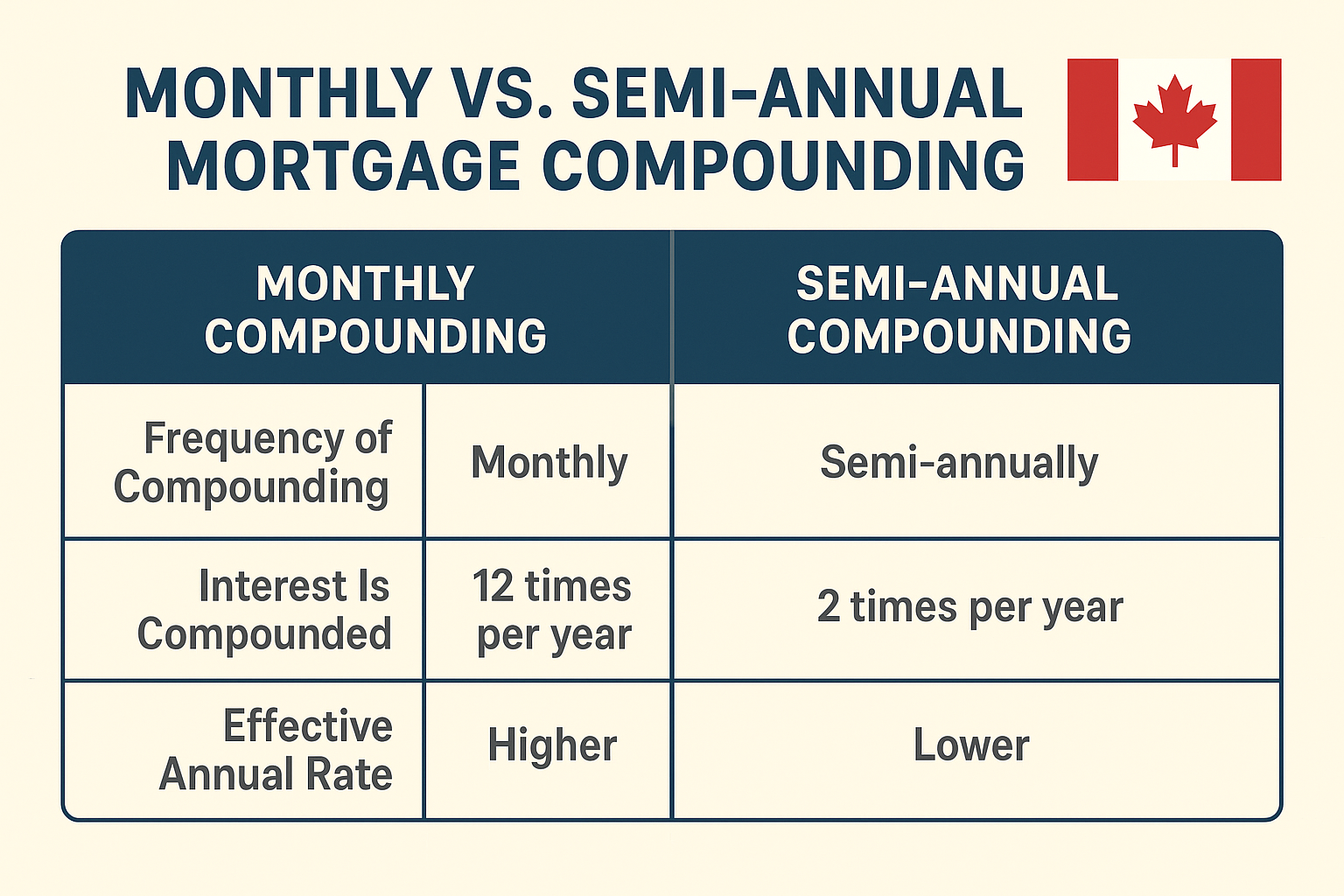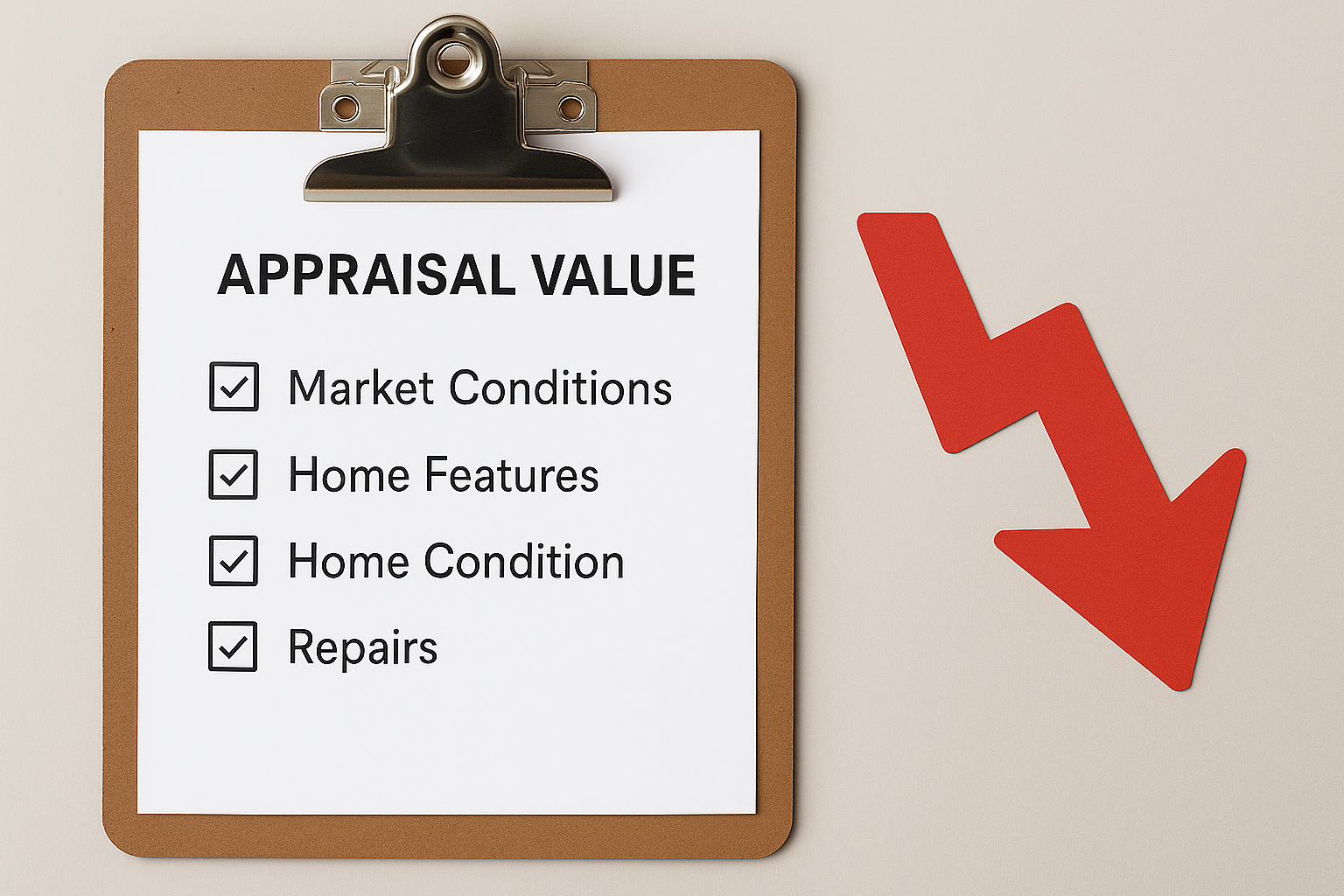Losing your job can be one of the most stressful experiences you might ever encounter – the same can be said when losing your home. With proper planning, unpaid mortgage payments can be one less thing to worry about.
In this blog, we will discuss what happens to your mortgage if you lose your job and the steps you can take to help you keep your home.
Table of Contents
ToggleWhat To Do if You Lose Your Job
Here are some of the solutions that can help you get by until you’re back on your feet:
1. Speak with Your Lender Right Away
If you lose your job, notify your lender immediately before finalizing your mortgage. Your mortgage provider will verify your employment status and income before the loan can be approved.
During this period, some important things to keep in mind include:
- The lender must be aware of any income or employment changes as soon as possible.
- If you lose your job, it may decide whether your lender will continue processing your application.
- It’s always best to be honest and transparent about the changes in your income situation.
2. Explain Why You Lost Your Job
Being honest with your lender about why you lost your job will benefit you in the long run and can often mean you can still buy your property under many circumstances. Your lender is meant to be your partner who will protect your best interest. Getting out of a scary financial situation can help you find a solution sooner rather than later.
Refinancing your property can provide an opportunity to renegotiate the terms of your loan, potentially lowering your monthly payments or securing a more favorable interest rate. It can be particularly beneficial if you have experienced a loss of income or faced financial difficulties.
By discussing your situation openly with your lender, you can explore refinancing options that suit your current circumstances and help you maintain your property ownership.

3. Maintain a Good Credit History
Try to maintain a good credit score even when you’ve lost your job. This can be difficult to do under the circumstances, but it is critical, as your credit score is one of the deciding factors for any new loan to get approved.
You should also regularly review your credit report and check for any inconsistencies. This can help you understand your current financial situation better and help you prepare for a new loan.
4. Use a Mortgage Payment Holiday
Your lender may be able to offer you a “payment holiday” to provide breathing room while you are searching for a new job. This means that your payments are suspended while you seek new employment.
The lender may also be able to provide a short-term loan or other financial solutions that will help you tide over and bridge the gap.

5. Extending the Length of Your Loan
If you’re finding it difficult to make your monthly mortgage repayments, there are some changes you might be able to make to your mortgage. For example, by extending the duration of your mortgage, you can make smaller monthly payments over an extended period.
Your age though is a factor that the lender will consider before making this decision. If you extend your mortgage term when middle-aged or older, think about how old you would be by the time your final payment is due and completed.
6. Find an Expert Mortgage Broker to Guide You Through the Process
You should speak with a qualified mortgage specialist as soon as you can. Your lender may give you helpful advice, or you can contact our mortgage experts at LendToday.
We’re ready to help you with finding the best solution to meet your financial goals. Losing your job isn’t the end of the road – we’re here to help. No one has more experience helping Canadians than us—we’ve been doing it for over 30 years.

Do I Qualify for Government Assistance if I Lose My Job?
You can get Employment Insurance or “EI” which offers benefits to an employee who has lost his job due to a shortage of work, seasonal employment, or mass layoffs.
To benefit from an EI, apply as soon as you lose your job, and file your claim within the time allowed to qualify.

What if I Can’t Afford My Mortgage Payments?
Not paying your mortgage on time can result in extra fees, penalties, and more problems. Prolonged delinquency in mortgage payments can lead to foreclosure, and this is a consequence that you should avoid at all costs while there is still time.
Here’s a list of strategies you can do to avoid foreclosure:
- Refinance your mortgage after a job loss.
- Get a loan modification.
- Talk to experienced financial professionals who can help you find solutions.
Fortunately, you don’t have to go through this process alone. Contact us now at LendToday to see how our expertise and years of experience can help you get out of your predicament and get on with your life.
How will LendToday.ca Help You?
Our experienced team of mortgage brokers will help you navigate the complex world of home loans and find the best financial solution for your goals. If you are facing a scary financial future because you’ve just lost your job, contact LendToday now. We can get you covered.
- How Soon Can You Lose Your House in Canada? The Truth About Foreclosure - July 14, 2025
- Title Insurance: Proven Homeowner Protection in 2025 - July 8, 2025
- ID Requirements for a Mortgage in Ontario: What You Need to Know - July 2, 2025






